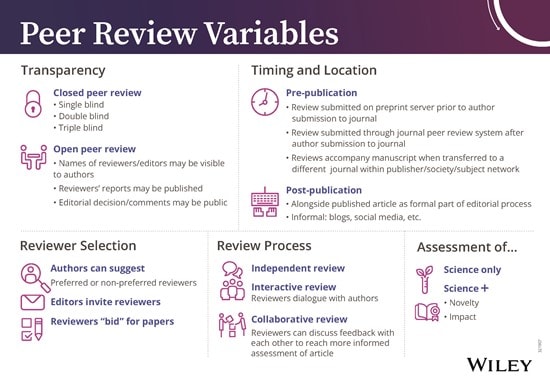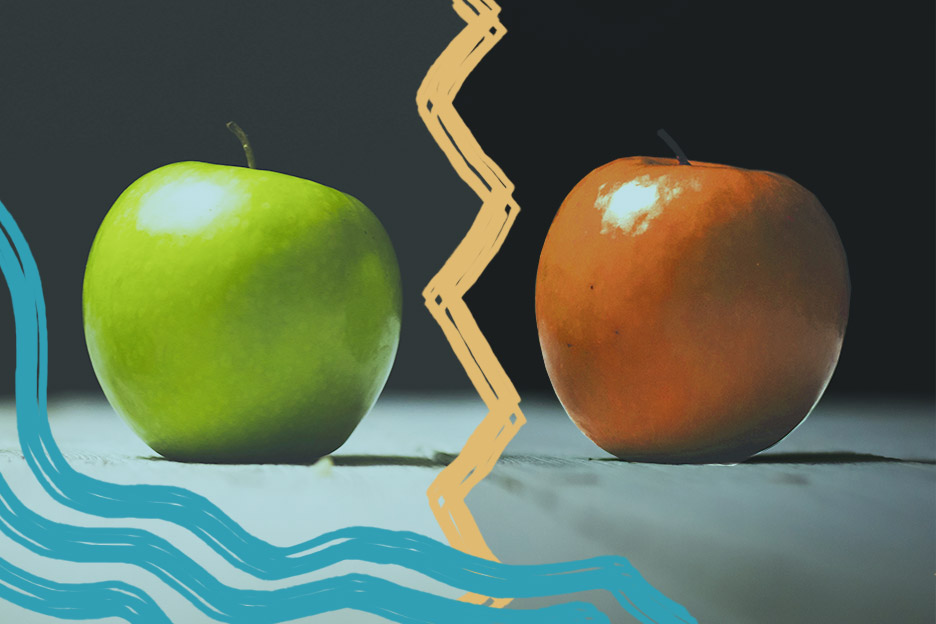Differentiate Between Single Blind Study And Double Blind Study

It takes twice as many participants to complete an adequate double blind study.
Differentiate between single blind study and double blind study. A single blind study can help prevent this or minimize the effects of such demand characteristics. A double blind study can be a useful research tool in psychology and other scientific areas. Often with the single blind study design participants are not aware of whether they are in the experimental group or control group. This is done to reduce the risk of errors since some participants might produce spurious results if they know that they are taking the placebo or medication.
The difference between a single blind study and a double blind study is that in a double blind study a. In blind and double blind trials one group of volunteers called the test group receives the new drug. Example of a single blind study for example imagine that researchers are doing a study to determine if a certain type of medication causes people to feel more alert. Neither experimenter nor participants know of the particular conditions in the study.
Only visually impaired participants are. There were three significant differences in the behaviour of the conference s single vs double blind review groups. We can have a randomised double blind placebo controlled study. The reviewers from the single blind cohort bid for papers less prolifically bidding on 22 fewer on average than those in the double blind cohort.
In this model the experimenter monitoring the participants knows which individuals received the placebo. The use of double blind or triple blind setups are useful avoiding demand characteristics and or the placebo effect. By keeping both the experimenters and the participants blind bias is less likely to influence the results of the experiment. See full answer below.
Reviewer bias in single vs double blind conditions. Correlational approaches are always preferred to more experimental analyses. In a single blind study the subject being studied does not know whether he is part of the experimental group or control group but the researcher recording the results does know. In a double.
If there is no existing treatment the control group is given a fake drug that has no effect on the body. In a single blind study the participants in the clinical trial do not know if they are receiving the placebo or the real treatment. This is called a placebo.
















































